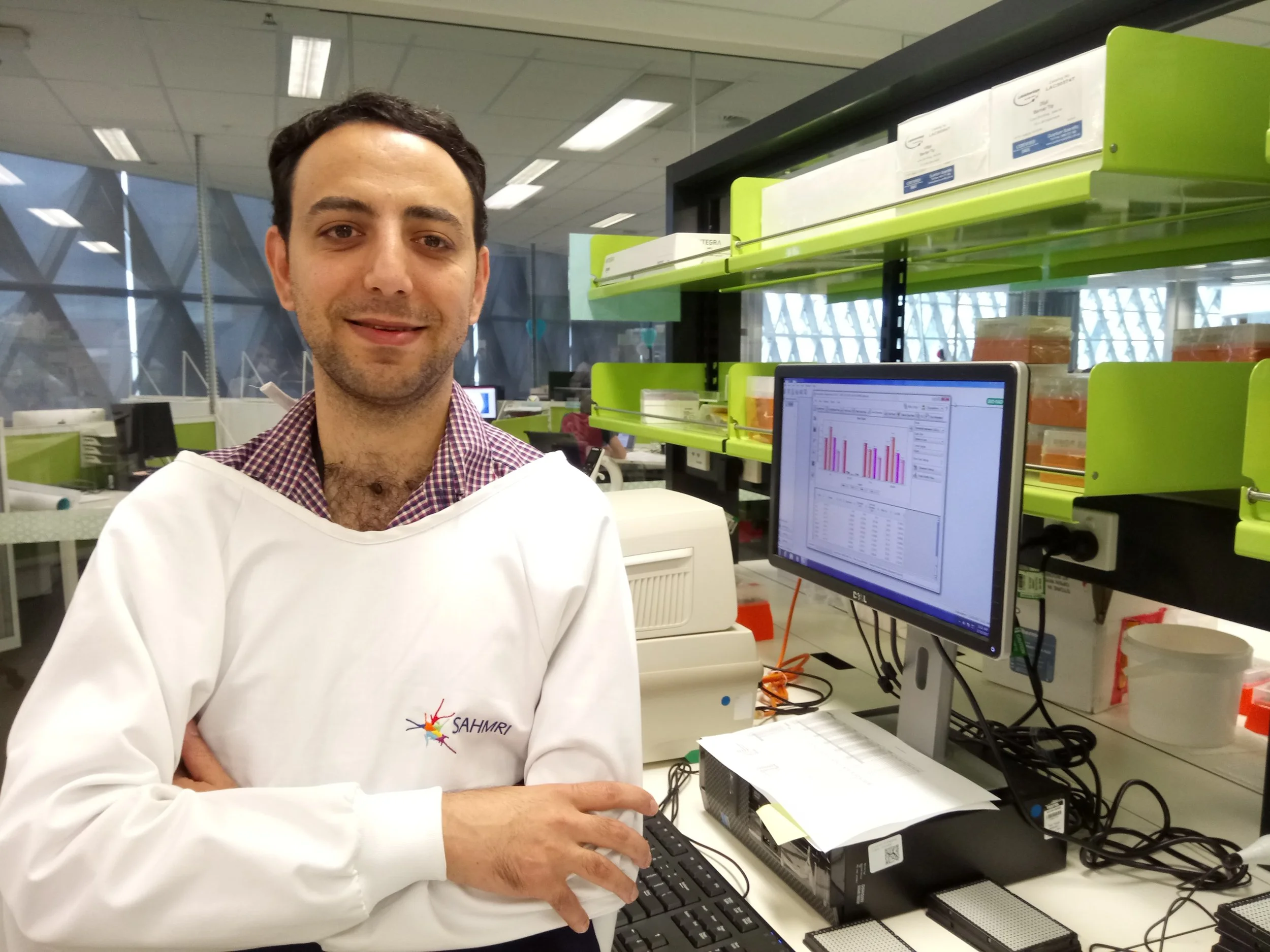With progressed prostate cancer, men are no longer responding to the standard anti-androgen drug therapy. While developing new drugs often can take 15 years, this program will reduce this timeframe by aiming to re-purpose existing lipid-modifying medicines. We aim to take our laboratory findings into a proof-of-concept clinical trial to test whether trimetazidine is safe and effective in treating men on ADT, to prevent or delay the onset of lethal castrate resistant prostate cancer.
Through this trial we aim for a potential new therapeutic approach using existing drugs used to treat cardio-metabolic disease to prevent lethal prostate cancer, reduced drug-related toxicities in men being treated for prostate cancer, and Improved length and quality of life for men living with advanced prostate cancer.
Contact: Dr Zeyad Nassar


















